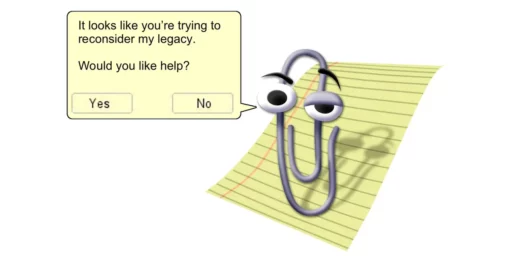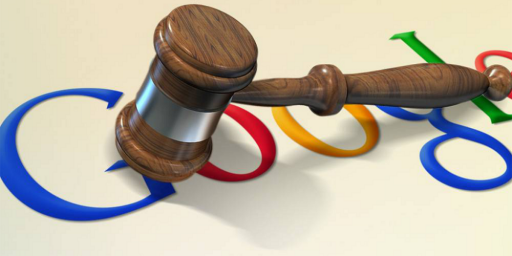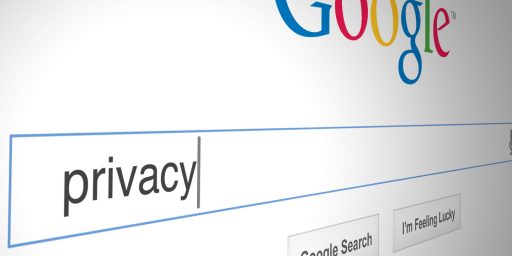Search: The Next Generation
Newsweek has an interesting cover story, “All Eyes on Google,” about the renewed pace of the search engine race. This is quite interesting:
Though Microsoft hasn’t announced the details of its search strategy, an outline is taking shape. The first step involves transforming the lackluster search engine it currently uses in MSN. “We’re taking our time to architect a next-generation system that answers people’s questions, an end-to-end system that will leapfrog what’s out there today,” says Mehdi. Subsequent stages involve tapping into the company’s unique advantages—the software used by hundreds of millions of people to run their computers and create their documents. To Microsoft, search will involve everything on your own machine and other databases to which you have access. Gates has recently been demoing a program out of his research division called Stuff I’ve Seen, which uses “memory landmarks” to search through e-mails, photographs and documents.
The next step might well be called “Stuff I Should See.” It involves another process cooked up by its think-tank people called Implicit Query. “Too often, searching means stopping what you’re doing, open a browser and type in a query,” says researcher Eric Horvitz. His alternative is software that figures out what you might want to ask for, depending on what you’re doing. Only Microsoft, which provides most people’s mail software, word processing and desktop, is positioned to launch such an approach. And the radically revamped file-handling system planned for the next version of Windows, codenamed Longhorn, happens to be perfectly suited to handle complicated searches. In short, if Microsoft pulls off its goals (easier said than done), it can offer people a richer version of search than Google can deliver—even before they bother to type their queries into a search field.
I don’t know whether to hope it works or fear for the potential uses it could come to. This could either be really cool or morph into some science fiction nightmare–Cylons, Hal2000, the Borg, etc.






Your search will be assimilated…
Myria
All your search are belong to us.
“His alternative is software that figures out what you might want to ask for, depending on what you’re doing.”
Ooooh, does that mean that search is going to be some annoying, in-your-face, ubiquitous hard-to-turn off function like, say, Office ASSistant?
Can’t wait. Not.
Yeah. This sounds like another version of the “talking paper clip” we all had to figure out how to disable four years or so ago . . .
If Microsoft simply incorporates Boolean syntax in its search function, that would vastly improve the ability to search files in Windows.
I have often wished I could use Google to search my own dang computer because the Microsoft search function is such a dud.
“Microsoft Search has noted that:
1) A recent email contained the phrase “never want to see you again” and ended with the phrase “your ex-girlfriend”.
2) You’ve been visiting a lot of on-line dating sites recently.
3) It is 9:00 on a Saturday night and you are looking at a Star Trek site.
Microsoft Search has a prepared a list of porn sites for your perusal. Click OK to begin.”
Heh – if it works as well as the word completer on my cell phone, it will be the most annoying tool since Clippy was pushed upon us.